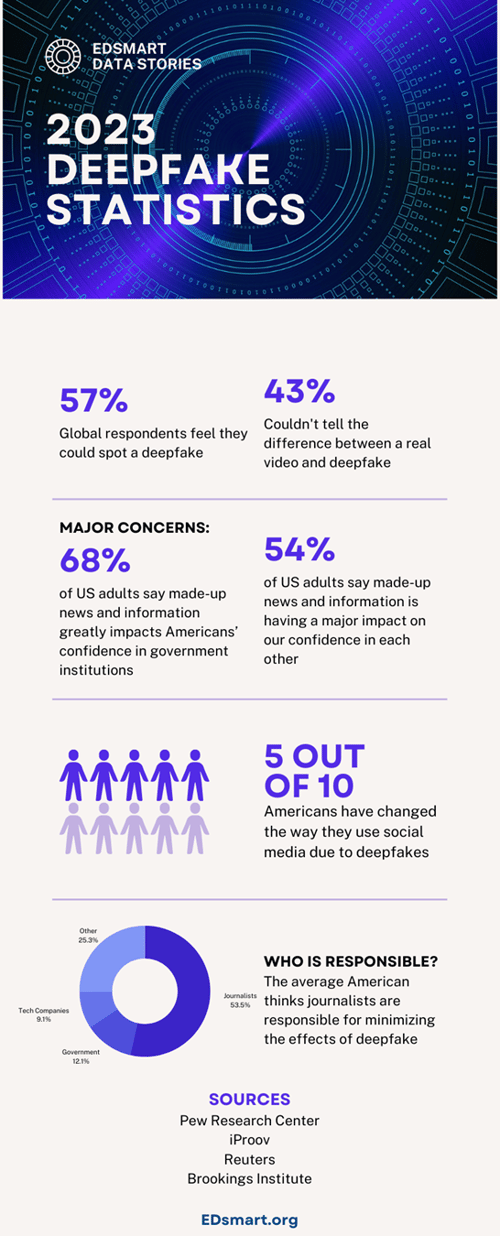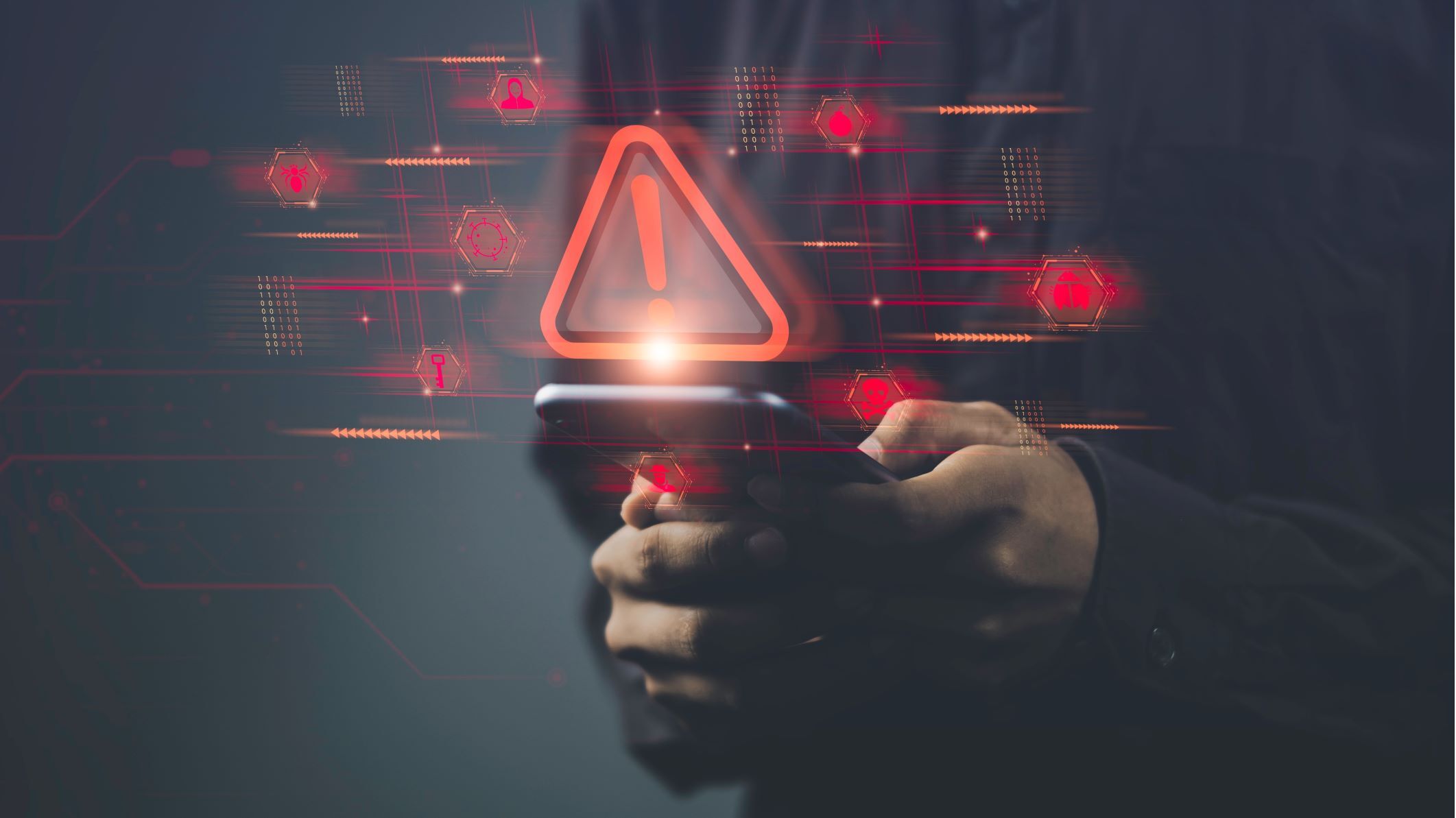What if the thing we rely most on is not reliable anymore? Will it lead to a constant fear of what is real and what is not? What if the spinning top never comes to rest like in the movie "Inception"?

Ever since that seminal 2010 movie, we have had the scary thought of losing touch with reality. The advancement in deepfakes is mind-boggling. The 2023 deepfake videos, photos, and calls are as accurate as a chameleon trying to blend in with a bowl of Skittles.
Let's watch an example of this deepfake video:
By a show of hands, how many people can say this is not the real Morgan Freeman, Tom Cruise, and Mark Zuckerberg? No one, right?
Now, imagine if you get a call from your loved ones, or videos or photos. How do you know they are real and not these deepfakes? And how can scammers use this to exploit you? I am sure this thought sent your core chills and gave you goosebumps. How are we supposed to live with constantly questioning our reality? How long can we keep staring at that spinning top, waiting for it to come to rest?
Real-life example of scammers using deepfake
According to a Reuters report, a con artist in northern China employed highly advanced "deep fake" technology to deceive someone into transferring money to his account. The scammer used AI-powered face-swapping technology to impersonate the victim's close friend. The report states that the police in Baotou City revealed the fraudster's modus operandi. The scammer pretended to be the victim's friend during a video call and requested a transfer of 4.3 million yuan ($5.95 million).
Believing that his friend urgently needed money for a bidding process, the victim transferred the requested amount. Only after the victim's actual friend expressed ignorance about the situation did he realize what had occurred.
Deepfake statistics
Let's look at some statistics:

Source: https://www.edsmart.org/deepfake-statistics
Deep down, we know deepfakes are here to stay and will continuously evolve and become even more challenging to detect. While governments and organizations are dedicated to combating deepfakes, individuals also have a crucial role in safeguarding against this evolving threat. As deepfakes persist and grow more sophisticated, it becomes imperative for individuals to take proactive measures to protect themselves from falling victim to these manipulations.
- Trust your instincts: Develop a healthy skepticism and question the authenticity of online content, especially if it seems too good to be true. It's essential to exercise caution and not mindlessly trust everything you come across.
- Double-check from reliable sources: Verify information by cross-referencing it across multiple reputable sources. If you encounter a suspicious video or image, try to find other reliable sources to confirm or debunk it.
- Look for telltale signs of manipulation: Pay attention to subtle clues indicating a video or image has been tampered with. Look for visual anomalies, inconsistencies in lighting or shadows, or unnatural movements that might suggest digital alterations.
- Investigate the source: When you stumble upon a significant or controversial video or image, trace its origin. Understanding where the content came from can provide insights into its authenticity and help you make informed judgments.
- Stay updated on deepfake technology: Keep yourself informed about the latest advancements in deepfake technology and the potential risks they pose. Being aware of emerging trends can make you more vigilant against manipulation attempts.
- Stick to trusted platforms and sources: Rely on reputable platforms and sources for news, information, and entertainment. Choose social media platforms or websites with solid content moderation and verification processes to minimize the chances of encountering deepfakes.
- Strengthen your online accounts: Enable multi-factor authentication (MFA) whenever possible to enhance the security of your online accounts. This extra layer of protection reduces the risk of unauthorized access and the use of your personal information to create deepfakes.
- Safeguard your personal information: Be cautious about sharing personal information online. Limit the publicly available personal data, as scammers can use it to create more convincing deepfakes.
- Report suspicious content: If you encounter a deepfake or suspect manipulated content, report it to the relevant platform or website. Most platforms have mechanisms for reporting and removing such content, contributing to a safer online environment.
- Use security software: Install reputable anti-malware and security software on your devices. These tools can help detect and prevent malware associated with deepfake scams, providing an added layer of protection.





